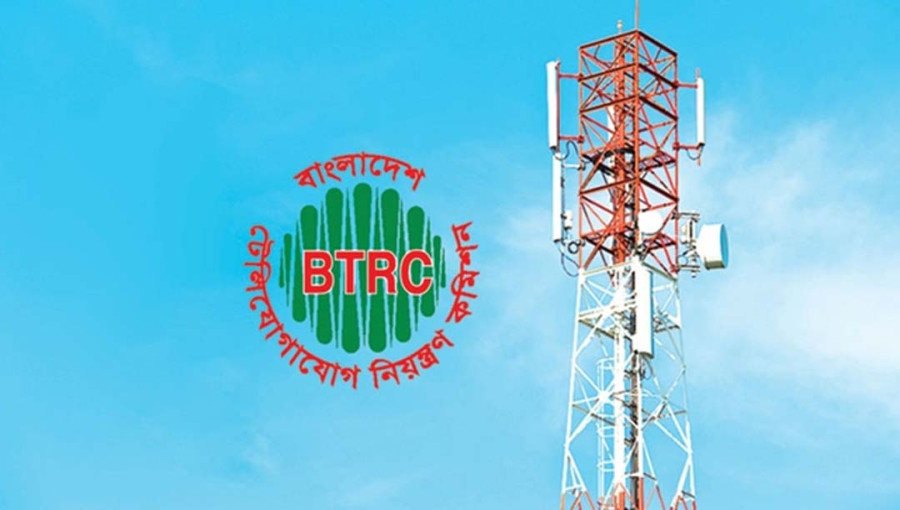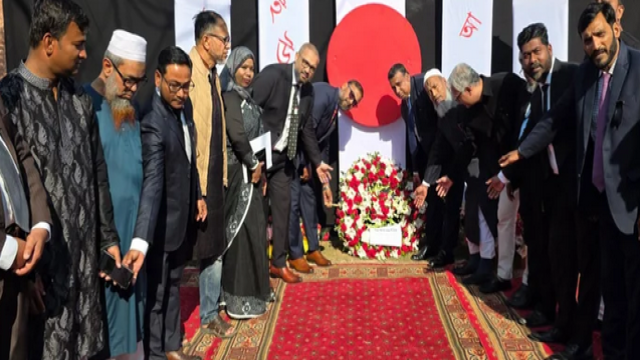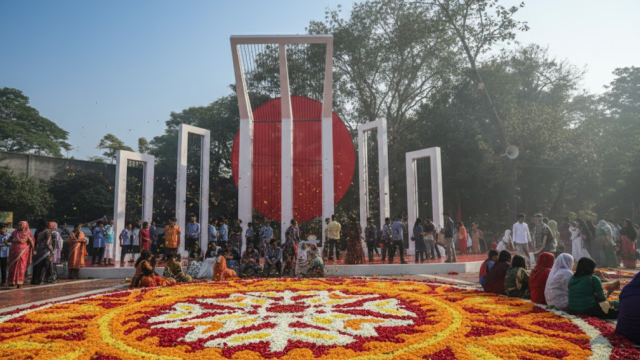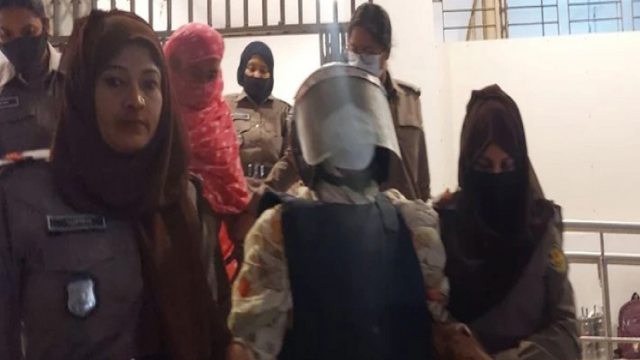Dhaka, Jan 21 (V7N) —The regulatory committee will finalise their strategy to reform the country's telecommunications network topology and the licensing regime by the end of March and submit to the government, Major General (retd) Md Emdad ul Bari, chairman of the Bangladesh Telecommunication Regulatory Commission (BTRC) said at a press briefing today (21 January).
"The network topology became too complex and fragmented because of too many layers that raised costs. We want a simple and cost effective topology," he said after a meeting of the "Reform of network topology and licensing regime of Bangladesh telecom sector" committee headed by the BTRC commissioner for engineering and operations.
Also, excessive licenses in many layers issued during the previous government is hurting healthy competition in the sector, he said, adding that some firms having licenses in multiple layers are using cross subsidy techniques to win competition.
For instance, BTRC chairman previously said the previous government made the regulator issue several dozen gateway licenses, instead of initially planned 6-7, leading to some "middlemen's profiteering."
The regulator now eyes a future-ready telecom ecosystem, healthy competition and customer centric model to support the "telecom triangle" - consumers, industry and the government - so that the telecom sector can act as a "development partner," he said.
"Any one, if overemphasised, will drag down the other two," BTRC chairman said amid a louder debate on the reasons behind the poor quality, reliability and higher cost of voice calling and internet services in Bangladesh.
The new telecom regime will not create services for the sake of business, instead it will let businesses serve and survive, he said.
Where a limited number of licenses is hurting competition the regulator would eye more players and in cases of too many licenses threatening industry sustainability it might prefer a smaller number of competitors.
Most of the telecom licenses will expire by 2027 and the new reform strategy with an implementation roadmap will be the key to the upcoming transition to the future telecom landscape.
The transition will be in phases to avert any disruption in the crucial real time services in the sector.
The committee including regulatory officials alongside industry and academic experts will keep in mind the global trends of technological changes to enable cost effective up gradation of networks.
The committee may also consider an industry model where the number of licenses may be higher and the risk-taking firms would fight to survive based on their key performance indicators.
"Consumer centricity will be the key to sustain the future industry," Maj Gen (retd) Bari said.
The upcoming demand for reliable, high speed internet at affordable costs will need investments and the impediments, mainly policy inconsistency, should not remain in Bangladesh.
The committee will also analyse the possibility of the unified license the mobile operators are seeking for a self-reliance in the network. However, to which extent it might be possible is still unclear.
Reducing load on radio spectrum and more fibre dependency will also be important for the future network topology, BTRC Chairman said, adding the regulator eyes 700MH spectrum allocation auction by the middle of this year.
The new strategy will also give a path for 5G rollout by mobile operators as the regulator is planning to "balance between regulating and innovating."
Bari reiterated the importance of the regulator's independence which the Awami League government ceased in 2010 by forcing BTRC awaiting ministry nod to its approval even for regular license renewal, product package plans of the licensees.
END/MSS/AJ































Comment: